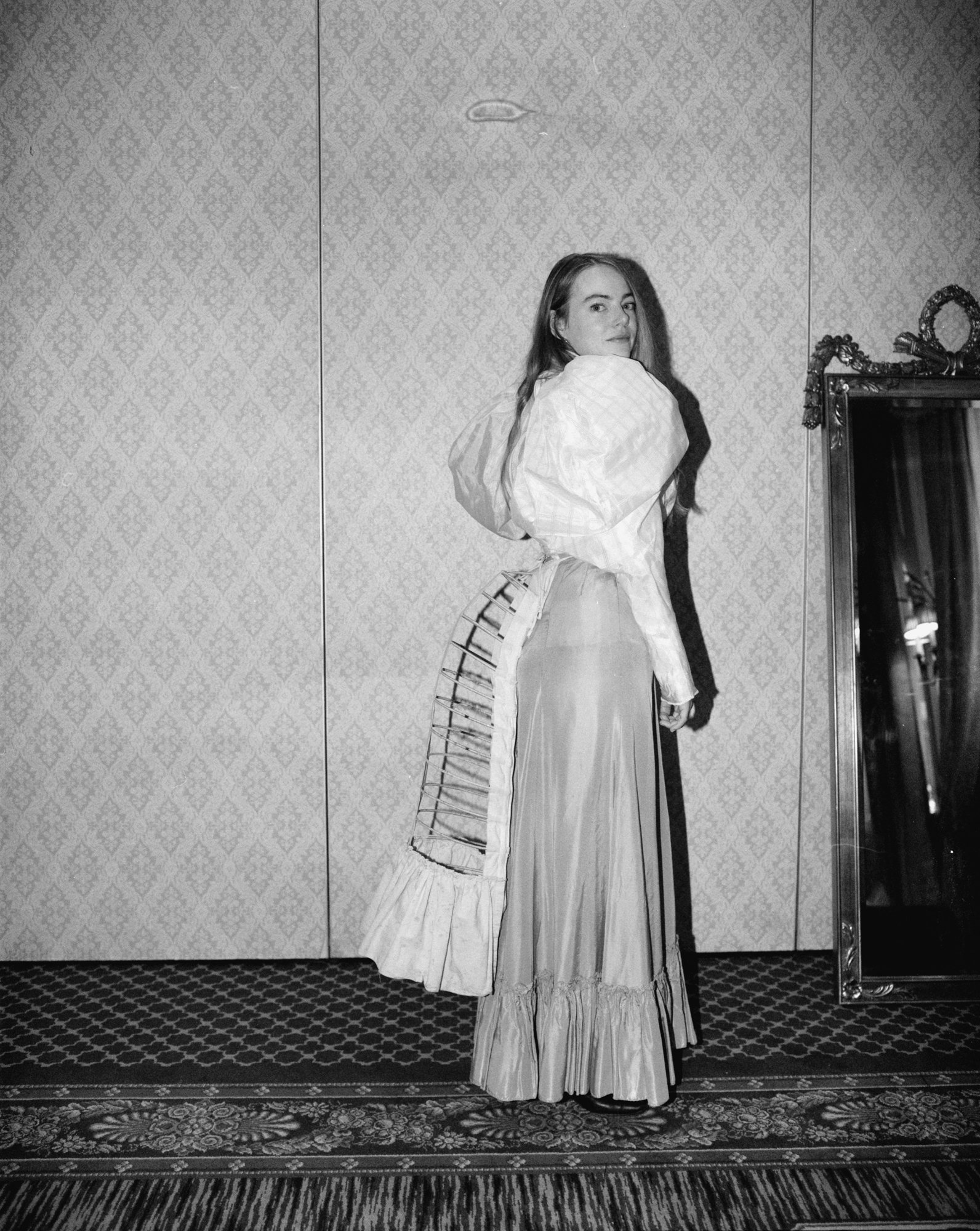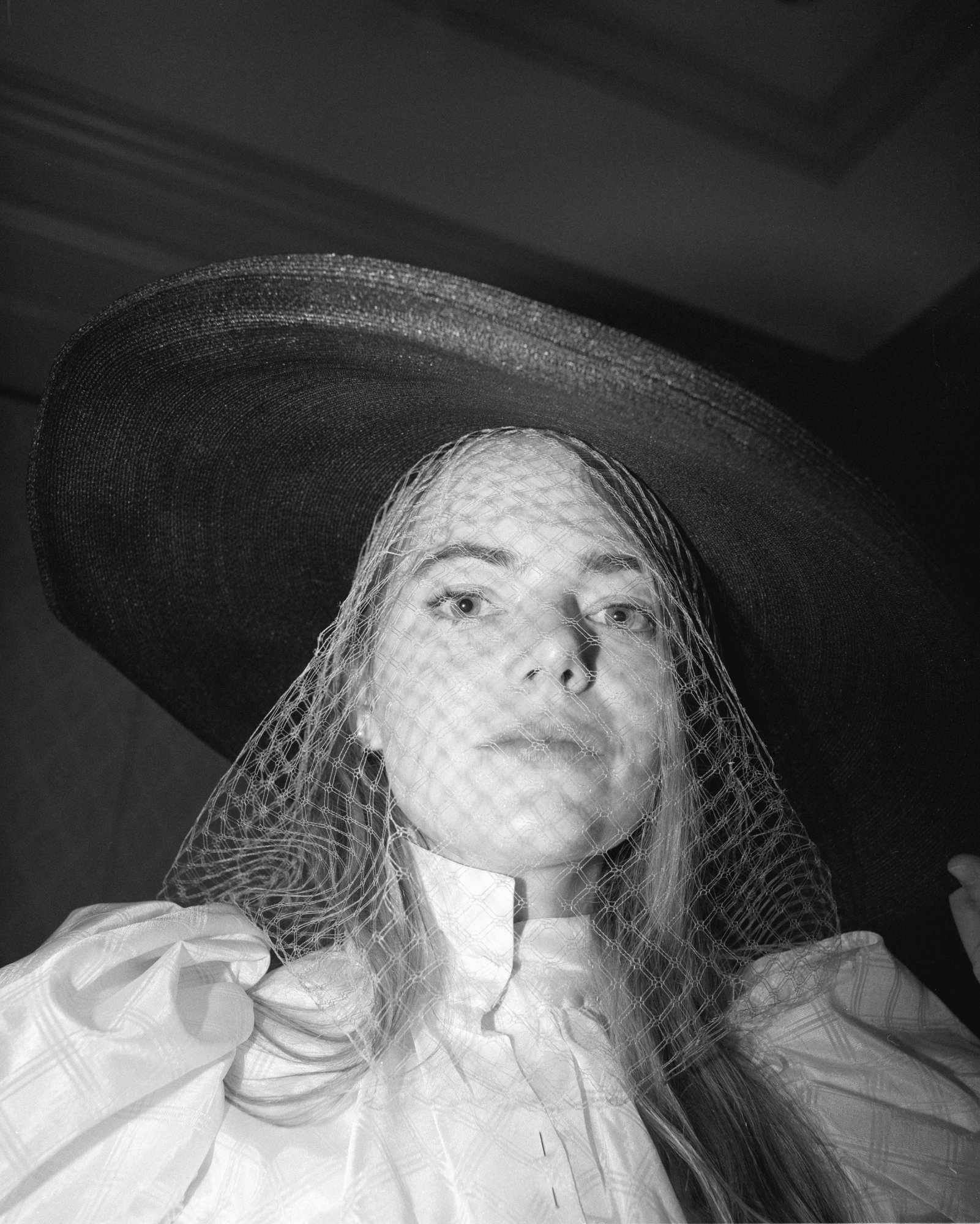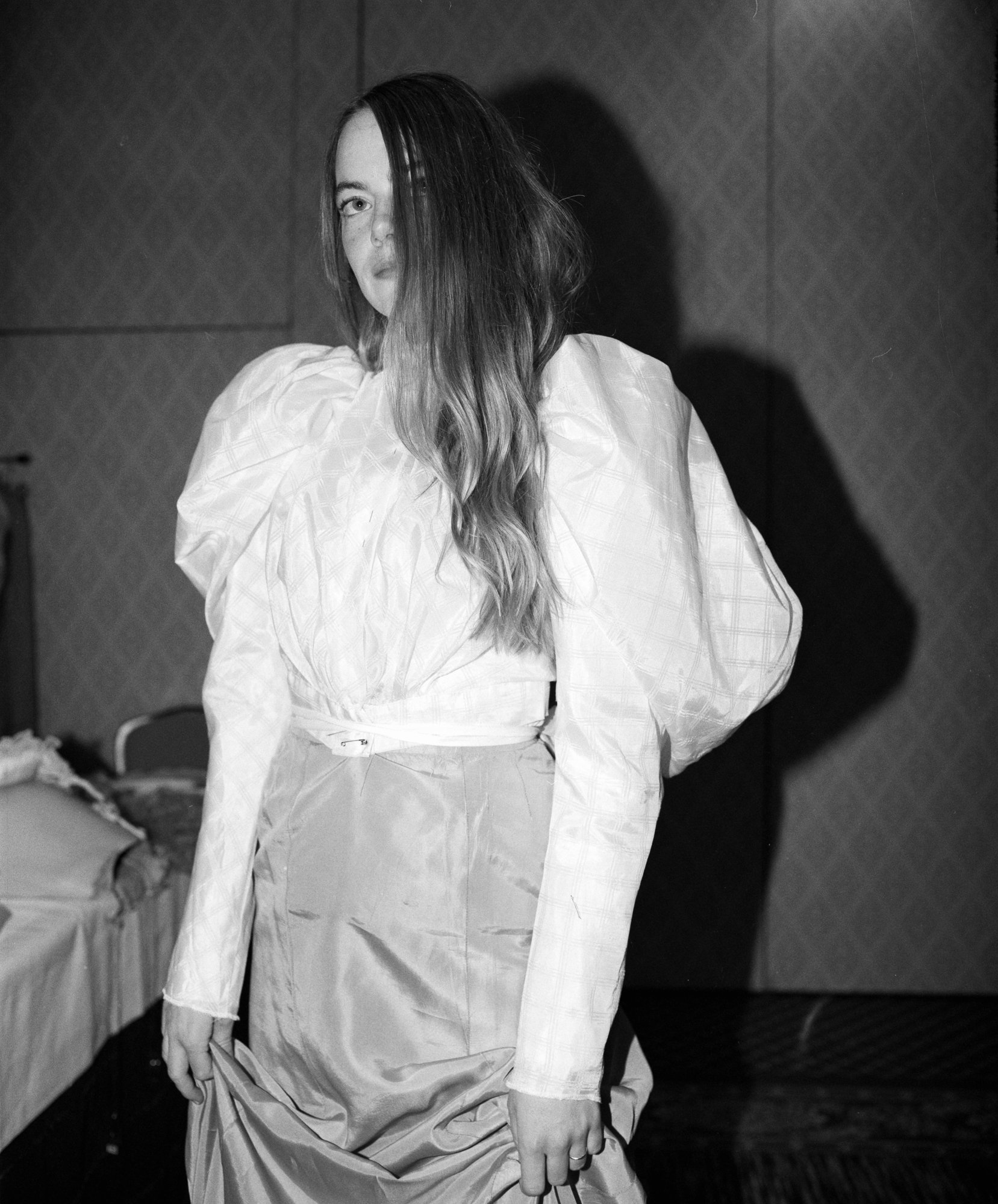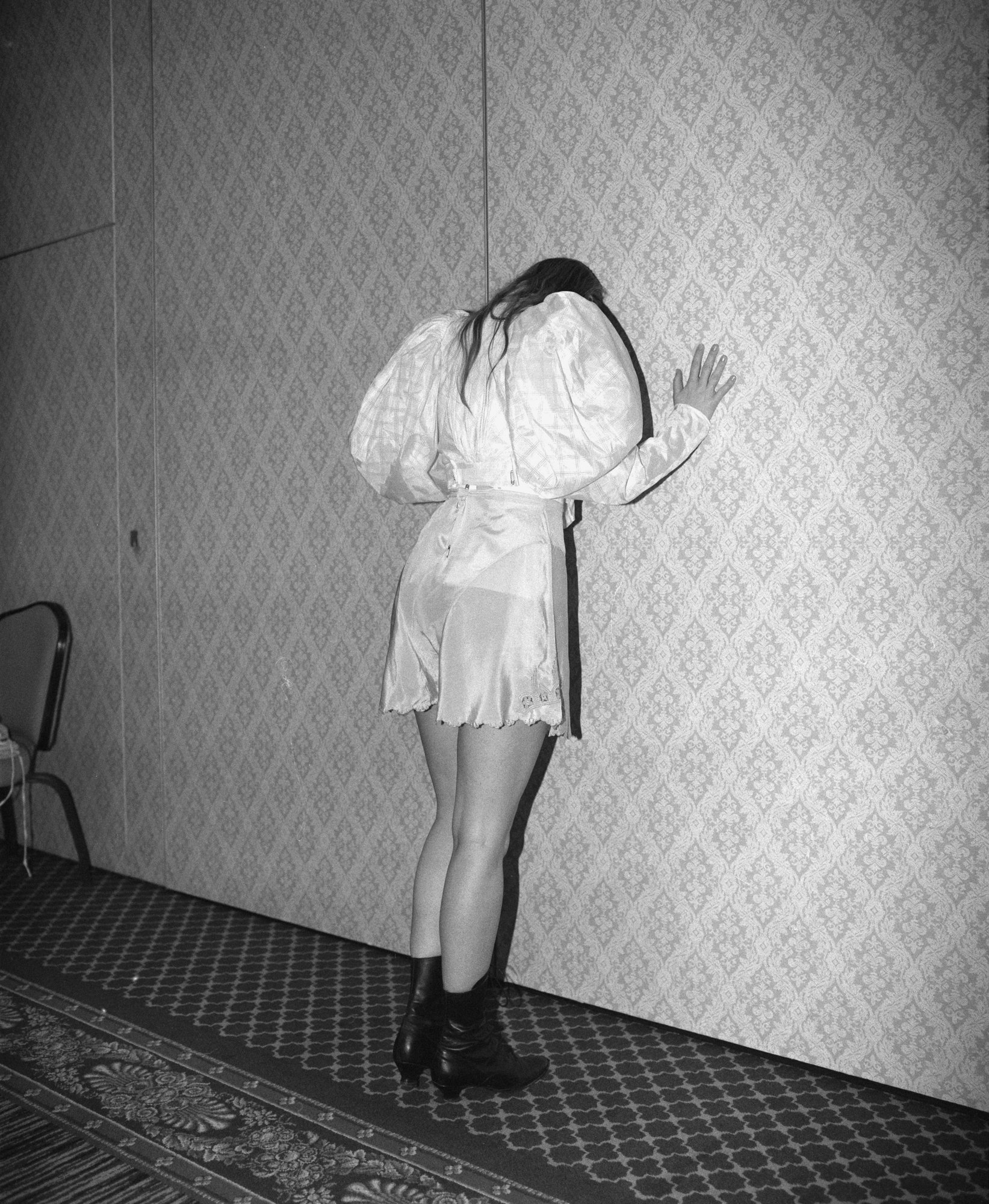Poor Things: a Story of Female Empowerment?
The year 2023 was a blessing for all cinephiles out there, and amongst the variety of memorable films, "Poor Things" stands out as a cinematic gem. It is one of those movies that left everybody with an opinion, you either hated it or loved it and no matter which group you belong to, it undeniably left a lasting impact. I myself am still conflicted on which side to choose as I was left with some contradicting feelings. I am certainly no film expert, but as a woman, I have thoughts I hope will spark important conversations. Careful spoilers ahead.
Inspired by Mary Shelley’s “Frankenstein” and based on the book with the same title by Alasdair Gray, “Poor Things” is a gothic, surrealistic piece marketed as a journey of female empowerment, addressing issues women face in our patriarchal society. Undeniably, the cinematography and acting were impeccable. From the set design to the costumes to the unique choices of camera angles it created the perfect ambience that metaphorically could be described as Salvador Dali’s wet dream. Emma Stone captured the essence of a child in an adult's body brilliantly. Willem Dafoe and Mark Ruffalo delivered incredible performances, underlining Yorgos Lanthimos’s directorial genius, though I found more room for criticism compared to his other works.
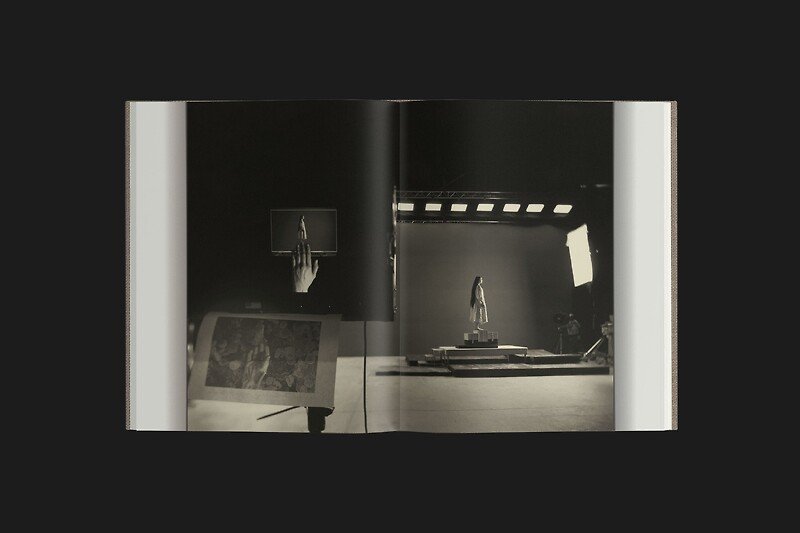

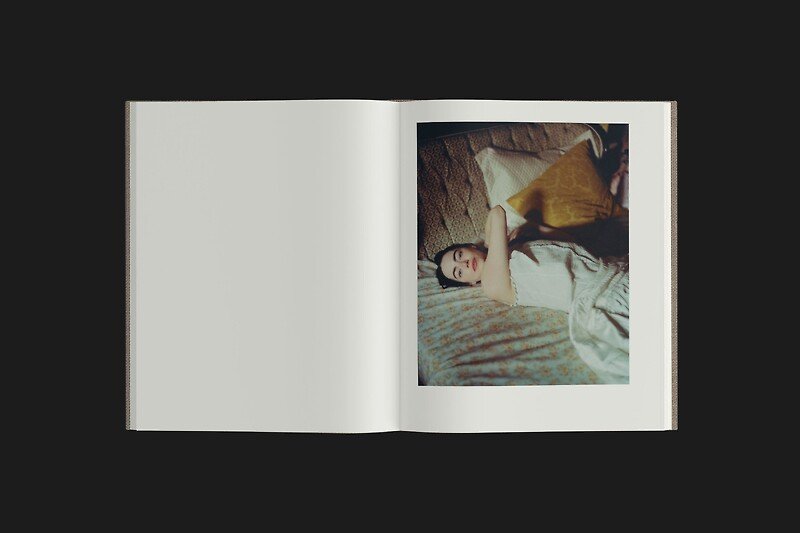
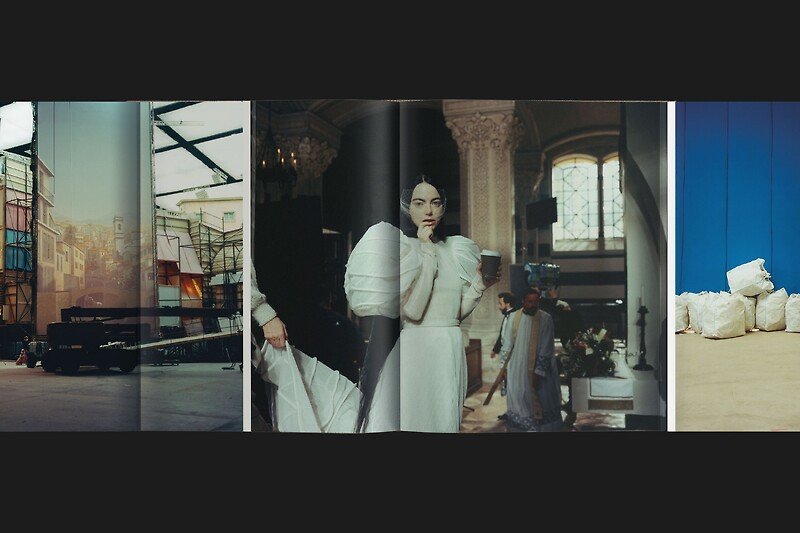
I’d like to begin by pointing out some observations about the dynamic between each male character and the protagonist - Bella Baxter. Every single man in Bella’s life seems to oscillate between an urge to possess or destroy her whether it be physically or mentally.
Let’s start with Godwin, the scientific genius and a loving paternal figure to Bella. His lack of sexual feelings towards our protagonist is an interesting screen adaptation choice as in the book he created her to become his mistress. However, even in the movie despite his familial love for her, he consistently impedes Bella’s rights as a human being. From initially locking her away from the world, to the incredibly invasive surgery performed without her consent while claiming that what he has done is not only justifiable but beneficial to Bella, he shows an utter disregard for her opinions.
Then there’s Duncan Weddenburg, a man proud of his sexual prowess and initially captivated or rather fixated by Bella’s perceived purity. However, as soon as Bella starts asserting her sexuality and eventually begins to explore it elsewhere, his fragile ego is unable to handle it and he starts throwing jealous fits in his need to monopolize her attention. Incapable of accepting Bella's autonomy, his hypocrisy accentuates the paradoxical societal expectations of women to be sexually available but also virginal.
As for Alfie Blessington, Bella’s husband in her “past life”, he is outright abusive and is aggressively loud in his condemnation of her sexual appetite. His attempt at performing a clitoridectomy against her will is once again a terrifying example of male entitlement over women’s bodies.
Harry Astley is a deviation from the other characters appearing moral and lacking any sexual or obvious desire to possess Bella. However, even he felt the need to harm her psychologically as her innocent and positive outlook on life triggered the need to destroy that in her. However, I must commend the directorial choice when it came to his character not having any romantic feelings towards Bella as in the book he did pursue her, and this allowed us to shortly focus on Bella’s encounter with philosophy and her mind instead of her body.
Last but not least we have Max McCandles, someone I would describe as a main villain of the story and I was surprised that not a lot of people were as disturbed by him as I was. He expertly masks his predatory instincts behind a facade of kindness, all too common in our society, I’m sure every woman has a horror story with a guy who proclaimed himself as the “nice guy”. His fixation on Bella, from their initial encounter when she still possessed the mind of a child, unveils a deeply unsettling desire to control her, never mind the pedophilic undertones, surpassing the rest of his male counterparts. Meeting her during her developmental stages leaves no room for intellectual or emotional connection beyond the physical realm, once again reiterating the objectification of women. Interestingly enough, in the book he outright claims that Godwin created the perfect woman: possessing the physique of an adult woman but with the innocent, trusting, and dependent mind of a child—a notion that uncomfortably resonates as potentially reflective of male desires to this day.
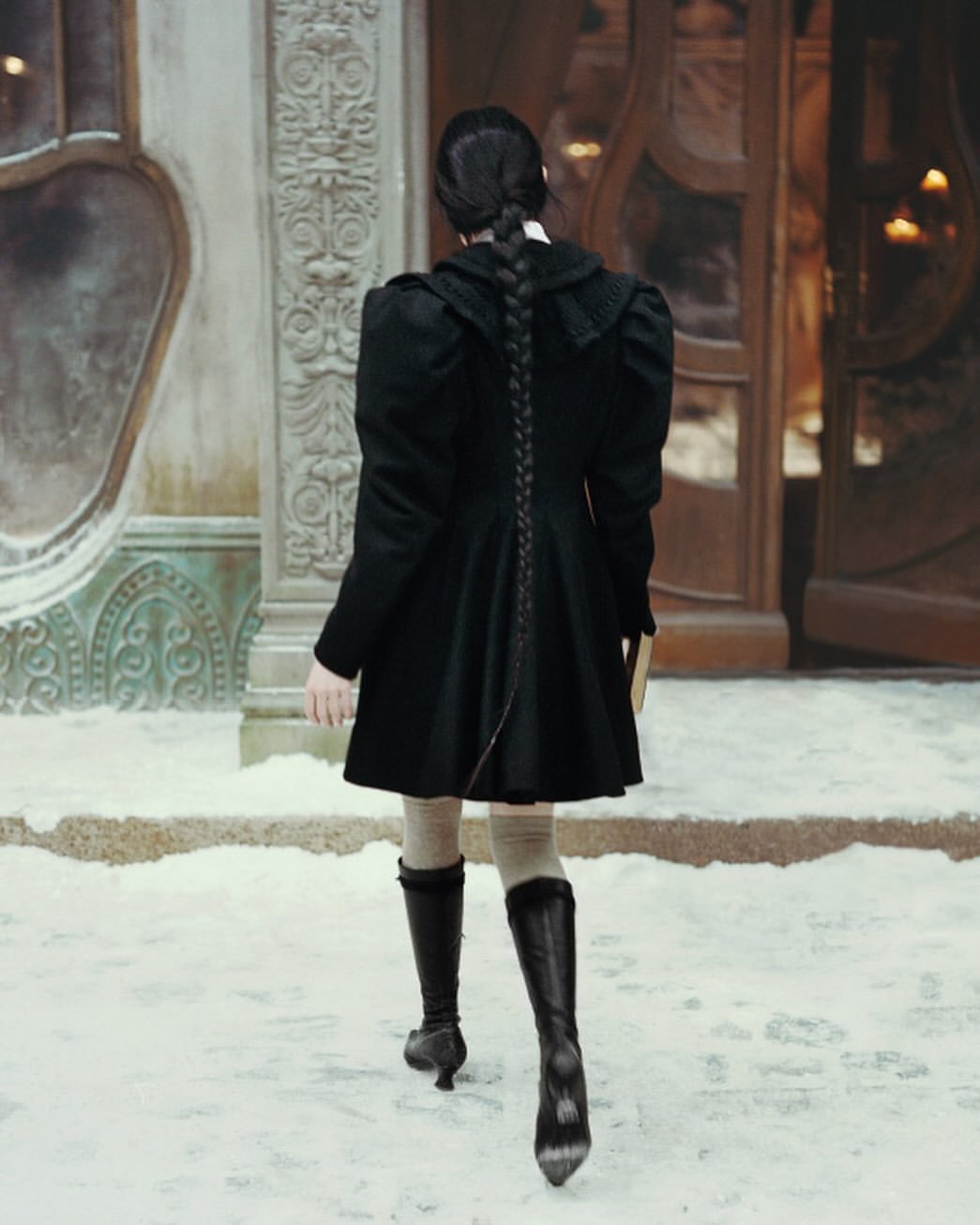
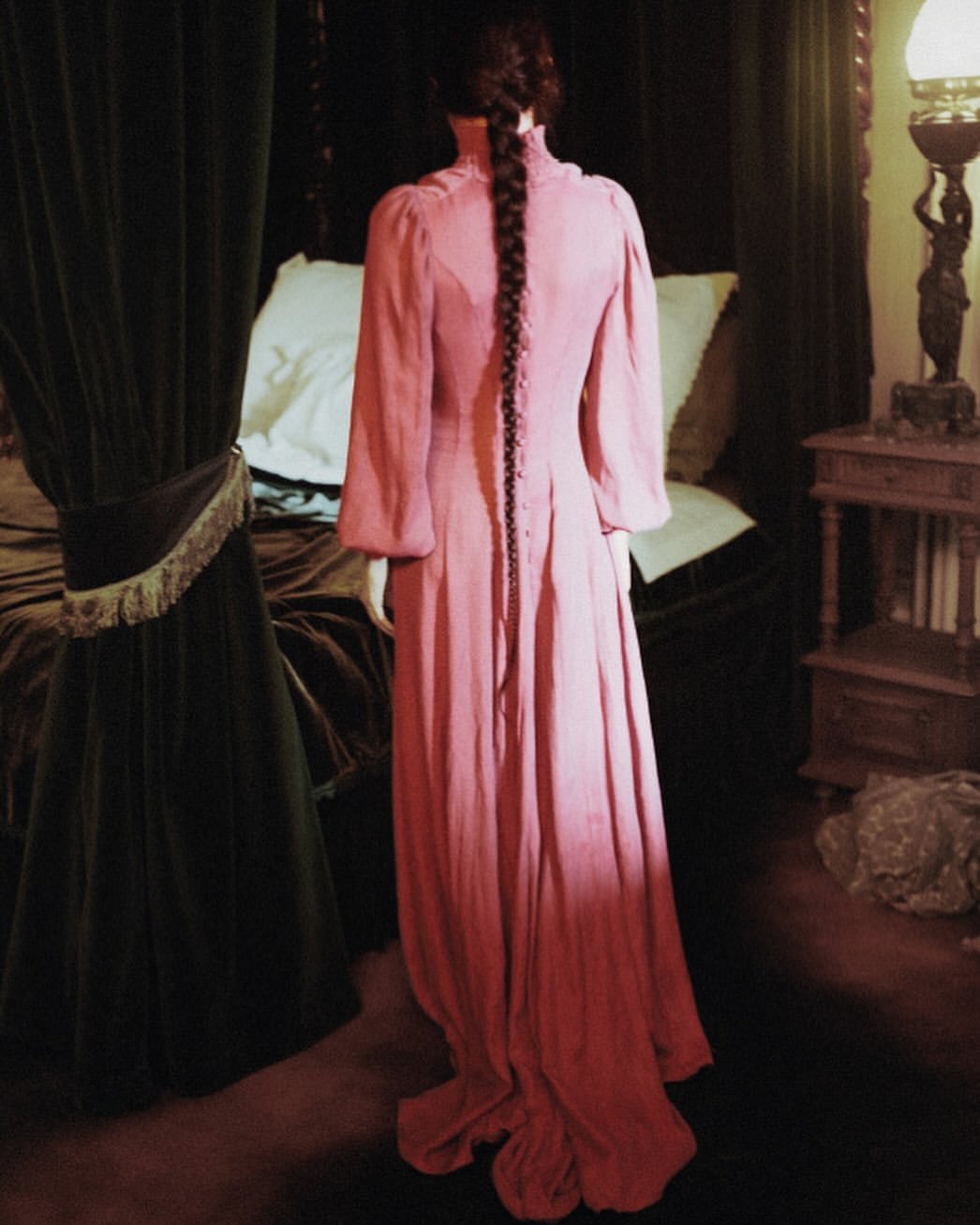
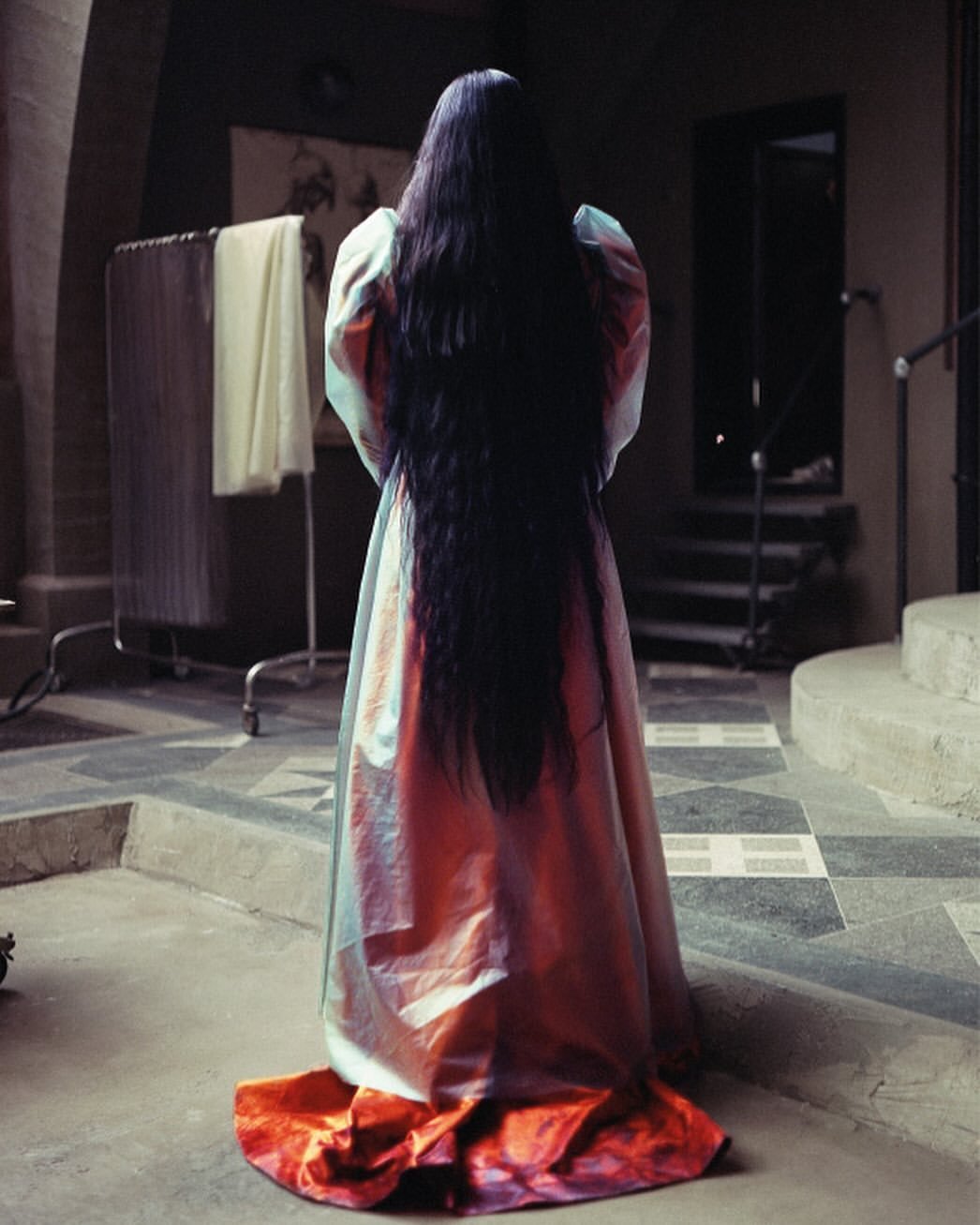


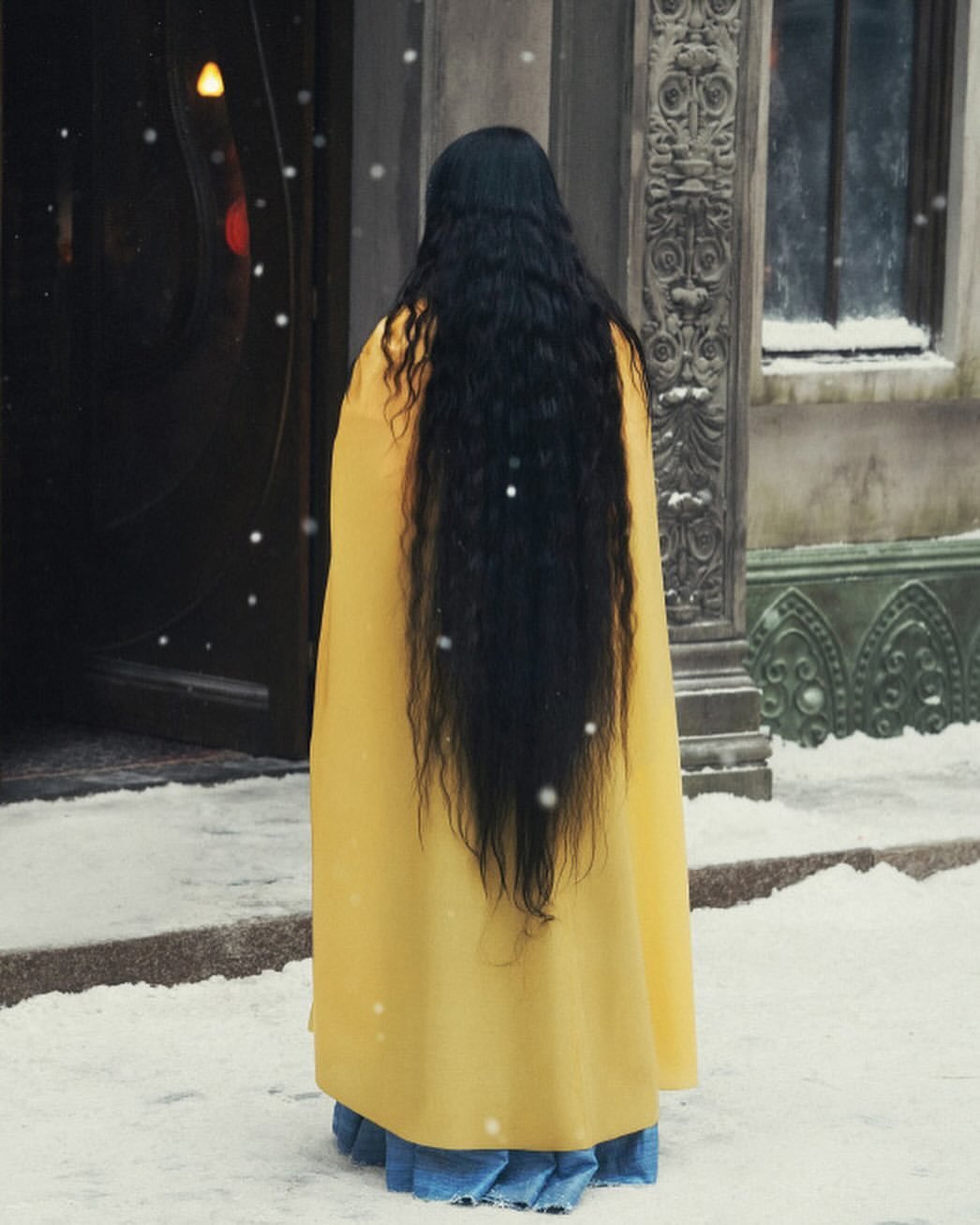

Putting aside analysis and praise, I have several criticisms to address. Firstly, I don't believe this movie should be marketed as empowering to women, as that was simply not the case. One of the movie’s major themes was self-discovery, however, most of Bella’s journey was explored through her sexuality, which unless you are a Freudian superfan should have left you wondering if sex was the only way to showcase her development. While it was refreshing to see a female protagonist embracing her sexual needs so openly, the portrayal could have been less male-gaze-oriented. The excessive focus on this aspect left little room for other dimensions of her self-discovery. The book does a better job of this. It delved into Bella's exploration of her role as a woman in Victorian society, her ideas, her political views and her aspirations of becoming a doctor. Her motivations, especially her desire to empower women regarding sexual health, were significantly emphasized in the novel but completely overlooked in the film.
Now while the first half of the movie showed promise despite problematic elements, the narrative takes a turn for the worse after Bella starts working at the brothel. We are subjected to lengthy, uncomfortable sex scenes with questionable men and dubious consent. Here I can’t help but ask “What purpose did these scenes serve?” Too often we see male directors filming sex scenes that offer no significant character development or any addition to the further plot and this seems to fit right into the cliche. In the book, Bella only spends three days working at the brothel which has repercussions on her psyche that were not explored at all. It seems like a missed opportunity to explore a woman’s sexuality to the fullest, especially for a character like Bella to whom societal judgment holds no effect. Despite Bella approaching sex with curiosity and an open mind, her seemingly limitless acceptance of all of the sexual encounters without boundaries seems like a convenient way to reinforce the male narrative that “female sexual liberation is essentially never saying no”.
Furthermore, the excessive brothel scene in my opinion disrupted the flow of the movie. From then onwards everything felt rushed. Suddenly, Bella becomes a socialist, comes back home, decides to marry and then out of nowhere we find out about her past and her ex-not-so-ex husband. All of this happens within the last 15 minutes of the movie which completely takes the viewer out of the story.
My last and main point is that without having read the book the movie could have gotten away with a lot more. As Ii said the second half felt rushed but it was the ending that fell completely flat for me. After all the events that happened, there was barely any conclusion. In comparison, the book offers a much more interesting resolution. Initially mirroring the movie's plot, the book is presented as a memoir by Max McCandles, Bella's husband. Yet, in the final chapter, we learn that the entire story could have been a fabrication of Max’s imagination as we are shown letters written by Victoria (Bella Baxter before she became Bella). Following the recount of her true life story we find out that the only true parts were that she left her abusive marriage with Alfie and indeed ended up becoming a doctor and married to Max. Being a man from a lower status than her and not as successful as his wife he writes the memoir about this fantastical story which portrays him in a bright light as a way to cope with his insignificance. This would have been the ideal plot wist for the movie, which would at least remotely explain some of the questionable scenes, indicating that the plot was indeed created through the prism of a male gaze and would once again reinforce the idea that men try to control the narrative when it comes to women’s lives.
